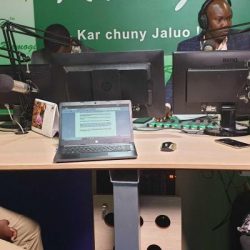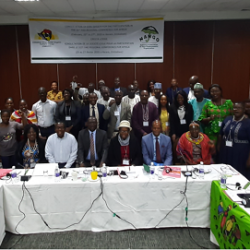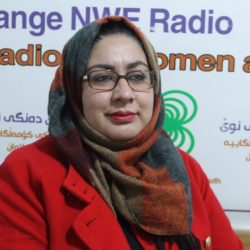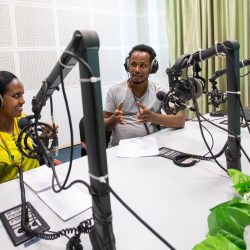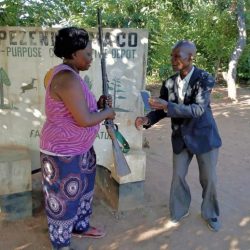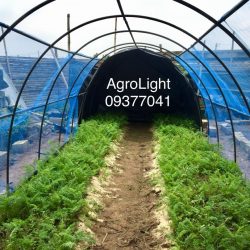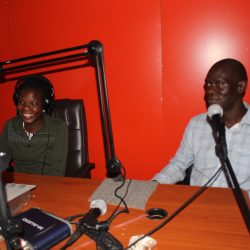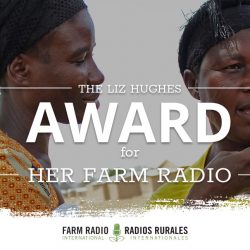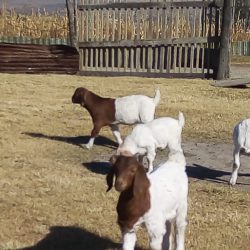Two-way mass and individual health communications and rapid socio-epidemiological insights to support Kenya’s COVID-19 response
Containing and stopping the new coronavirus pandemic requires equitable access to trusted, reliable information. Nonetheless, rapidly informing and empowering communities to stay healthy and safe as we combat the outbreak is only one part of the story. Any effective public health response will require an elaborate understanding of people’s perceptions around risk and preparedness to understand their concerns and refine outbreak responses to address their fears. In many parts of

